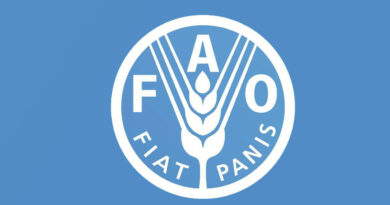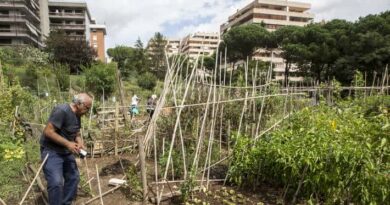The Arbor Day Foundation and the Food and Agriculture Organization of the United Nations (FAO) recognise 120 Tree Cities of the World
30 March, 2021, LINCOLN, Neb: The Arbor Day Foundation, along with the Food and Agriculture Organization of the United Nations (FAO), today announced the cities recognised through the Tree Cities of the World programme. 2019 was the first year of eligibility for this worldwide initiative and 68 cities from 17 countries were recognised for their commitment to urban forestry management. The programme has since grown and now includes even more cities worldwide.
A total of 120 cities from 23 countries earned this international designation in 2020, including Toronto, Canada; New York, USA; Guadalajara, Mexico; Birmingham, United Kingdom; Campo Grande, Brazil; Hyderabad, India; and Kampala, Uganda. The complete list of recognised communities is available here. To earn this recognition, each of these cities demonstrated its commitment to trees and forestry by meeting five qualifying standards related to the management and celebration of urban forests. The cities recognised this year will join a network that continues to grow, providing an opportunity to learn best practices from one another as they strive for excellence in urban forestry.
“We proudly welcome all of the cities that have earned Tree City designation this year,” said Dan Lambe, President of the Arbor Day Foundation. “They are taking the initiative in the development and maintenance of their urban tree canopies. The benefits that trees provide to urban areas are immeasurable, and many of the recognised cities have invested in their communities to create a more sustainable future. We aim to celebrate and appreciate the dedication and commitment of these cities with this recognition.”
The Tree Cities of the World programme is a partnership of FAO and the Arbor Day Foundation, launched in 2019. Its vision is to connect cities around the world in a new network dedicated to adopting the most successful approaches to managing urban trees and forests. The first Tree Cities of the World Conference was held virtually in October 2020. It was a crucial moment to promote the network and the incredible efforts put in by the United Nations’ FAO, the Arbor Day Foundation, and the five National Programme Leaders. Recognition through the Tree Cities of the World programme represents the first step toward achieving a green vision for qualifying cities.
“Urban forests and trees are a key element of sustainable urban development, but most of all, they help cities become greener, healthier and happier places to live. We join the Arbor Day Foundation in celebrating the efforts of the communities that have already joined the Tree Cities of the World programme and we are confident that many more will follow,” said FAO Deputy Director-General Maria Helena Semedo. “Cities play a prominent role in building a more sustainable and equitable future. Our Green Cities Initiative can help support their efforts to increase availability and access to green products and services.”
FAO’s Green Cities Initiative – bringing together the urban food agenda with socio-economic and environmental goals – aims to improve people’s well-being by promoting green spaces, green industries, green economy and a green lifestyle – through the integration of urban and peri-urban forestry, and sustainable agri-food systems into urban planning.















